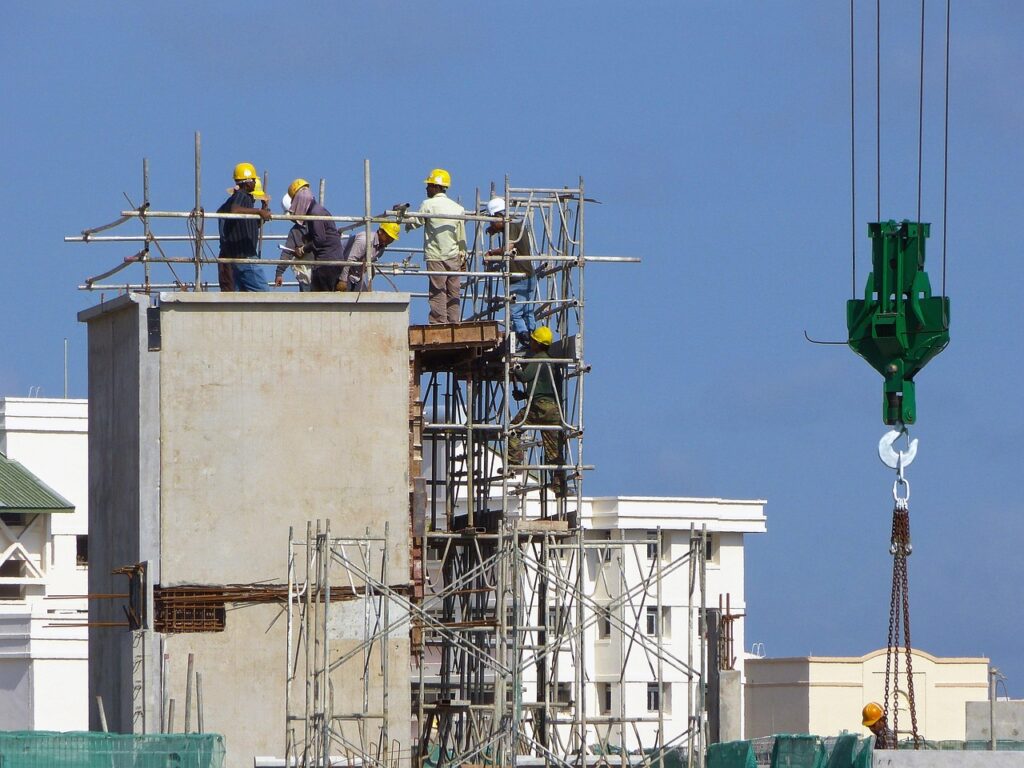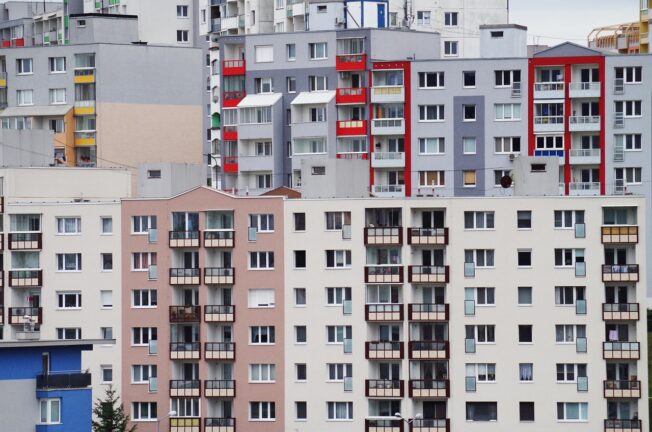Across Europe, access to affordable housing remains a pressing challenge for many, including young families, single parents, and those on the social margins. Reports show that house prices have increased by nearly 50% over the past eight years in some regions, while rising rents and energy costs have not helped, and homelessness remains a serious concern.
On Thursday, the European Parliament’s Special Committee on the Housing Crisis met to review a draft report aimed at addressing these challenges with a coordinated EU approach. The rapporteur, Borja Giménez Larraz (EPP/ESP), presented the proposal, highlighting the need for increased construction, stronger public-private partnerships, greater involvement from regional and local authorities, and data-driven policy solutions.
Sharp response
However, the draft drew a largely mixed response. The Socialists & Democrats (S&D) group criticised it for lacking concrete measures and alleging it omitted key elements needed to tackle the crisis effectively. Shadow rapporteur Andreas Schieder (S&D/AUT) made clear just seconds after Mr Larraz had finished that he was disappointed with the presentation. Apparently over how thin on substance it was.
“I honestly expected there would be a little more content (…) During almost one year of our House Committee we had many interesting hearings, we went to many different missions and we got best practice examples from many cities and we got the answer to what exactly are the problems we need to fight to combat the housing crisis.”
He then pivoted to regulation he felt would help, to protect tenants’ rights, to end housing speculation, and to regulate short-term rentals.
You might be interested
“Unfortunately, none of these problems are mentioned in this report (…) As a housing committee we had a mandate and the report and the mandate are not compatible, in my opinion,” he said.

Some praise, but more work ahead
His criticism was echoed by others in the chamber who also felt the draft report didn’t go deep enough into the issues. MEP Maria Ohisalo (Greens/FIN) was also critical but also found more to like, citing as “positive” the recognition of the role of local authorities in housing, the concern expressed over the labour gap in construction and renovation, the mention of the UN 30 per cent rule or affordable housing benchmark, and the attention paid to the problem of homelessness. But she suggested that on other aspects, at least in her view, the draft had missed the mark:
“We do not believe the lack of affordable housing is simply insufficient supply but that there are other root causes (…) including housing that is not adequate, increasing utility costs, the financialisation of housing…” while adding that “simply building more homes” would not solve the crisis alone.
“All in all, I am glad that we have a full autumn to work on the paper and the time will be needed,” she said.
While the draft calls for a housing “omnibus” approach from the Commission — including studying root causes and increasing funding for vulnerable groups — it wasn’t enough to satisfy some in the chamber.
In good faith
The European Commission has pledged support to member states facing the housing crisis, and the Special Committee was set up with cross-party backing to develop a comprehensive response. Thursday’s debate underscored the political divisions and some of the challenges in turning broad goals into concrete solutions.
Shadow rapporteur Andreas Schieder said, early on, that his group would continue to work on the proposal in “good faith”. But he made that there was a long road ahead, with substantial changes to be made, before he would back a final draft.











